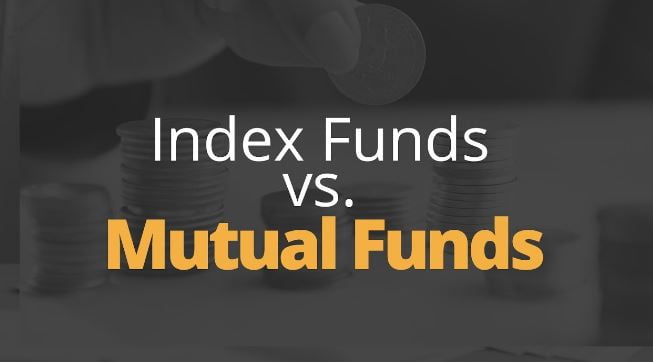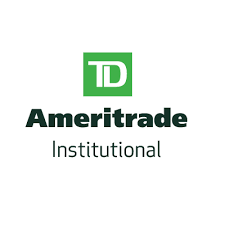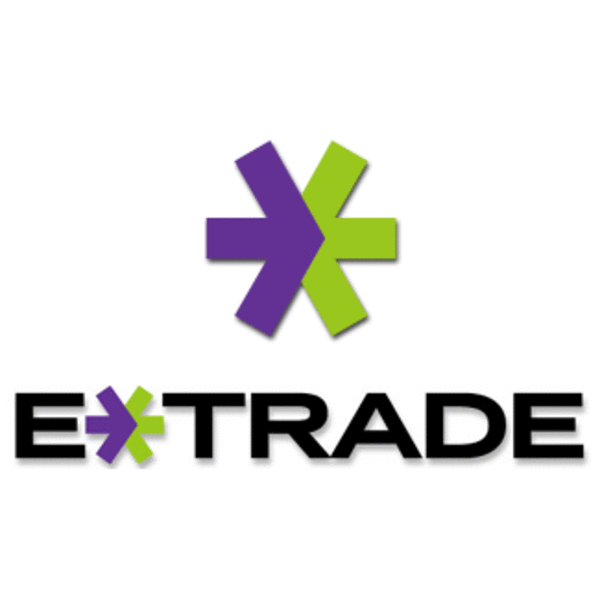Before investing in mutual funds, stocks, bonds, real estate, commodities, or anything else, it’s important that you’ve carefully considered the following 3 questions.
- Do you have the means to invest?
- Do you truly have a willingness to invest?
- Do you really know how to invest wisely and effectively?
If you don’t have a satisfactory answer for each of these questions then I recommend taking a step back and addressing them one by one until you do.
Question #1 – Do you have the means to invest?
While you might feel the need or desire to begin investing right away for a variety of reasons, you should first assess whether you even have the means to invest in the first place. For example, does it make sense to invest if you’re already struggling to put food on the table, pay your mortgage or rent, or to meet other basic financial obligations? Likewise, what’s the point of investing if you don’t have enough money left to cover foreseeable medium-term expenses such as home and car repairs, holiday spending, vacations and so forth without turning to a credit card or other expensive forms of borrowing?
The point I’m trying to make is that there’s a logical progression to establishing yourself financially. You first need to make sure that you’re on solid financial footing with respect to your day-to-day and medium-term expenses, and then you’re in a position to build up investments to meet longer-term needs (retirement) and to achieve your goals and dreams (starting a business, traveling, etc.).
Question #2 – Do you truly have a willingness to invest?
Let’s now assume that you have some extra money that you could invest. The question then becomes whether you’re actually willing to invest it. That’s a very important consideration because, by definition, investing means giving up some of your money now in order to have even more later. While that may sound great in theory, if you’ve been struggling financially for a long time it can be difficult not to want to spend extra money as soon as you finally get some.
So are you irresponsible if you spend some of your hard earned money as you earn it on things that you want? Of course not. While it would be unwise to spend all of your extra money, it’s often best to take a balanced approach towards investing. More specifically, if you invest every penny in the future while never doing anything you want in the present then there is a danger that day-to-day life could come to feel like a grind, causing your investment discipline to eventually break down. As a result, it’s generally more sustainable and productive to have a goal to invest some of your extra money, thus enabling you to not only meet your present needs, but some of your reasonable wants as well.
The point here is that you can’t reasonably expect your investments to be successful if you’re going to raid them every time you need or want something. Remember, investing means giving up some of your money now in order to have even more later. At a practical level that means whether you have a little or a lot to invest, you’ll increase your chances of success if you’re willing to commit to your investments for a long period of time (with at least 5 years being the rule of thumb).
Question #3 – Do you know how to invest wisely and effectively?
Once you have both the means and the willingness to invest, you need to know how to do so wisely and effectively. In other words, do you really know what you’re doing? You’ll need to refer to other articles for the “how’s” of investing, but for now it’s enough to say that when selecting investments you should follow these 3 principles.
- Follow sound investment practices (focus on long-terms plans as opposed to chasing get-rich-quick schemes).
- Take the long view; if your money is invested wisely according to a sound plan then you don’t need to panic at the first sign of trouble.
- Don’t ever invest in something that you don’t understand.








